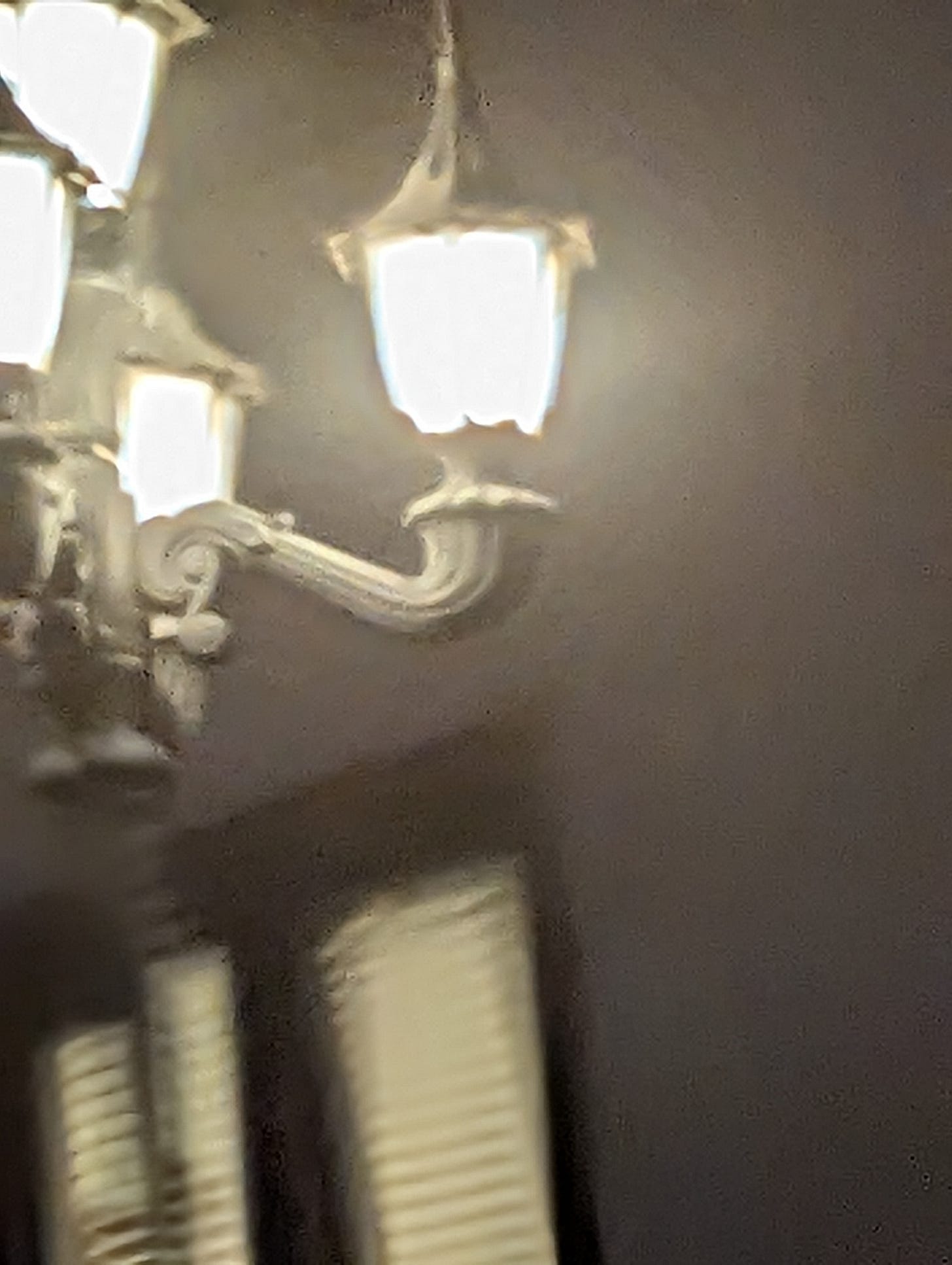whales and weapons
and even weird al for some unspeakable reason
Rockwell Kent drawing from Lily’s edition of Moby Dick
i spent most of the summer reading. this is far from unusual, though it has been years since i placed such intent on time spent with various books. academia and addiction suck the joy from the practice while simultaneously swallowing any elusive “free” time. spurred on by a book club (affectionately referred to as “Dick Club”), these were the torrid days during which i finally read one of The Important American Novels, Herman Melville’s “Moby-Dick.” 1
it would be impossible to find someone who would want to spend time with a traditional albeit dashed-off book review, nor do i feel like typing one out. “Moby Dick” always appeared as an all-time curriculum classic, destined to be read under high school’s duress. some slight progress in lit selection, if not a dedication to Good Liberal virtue signaling, meant that i skipped the Whale Book during my tenure. Melville’s tome is an ideal candidate for “Book You Hate Slogging Through When You’re A Depressed Teenager But Will Love Later In Life.”
having done exactly that and unintentionally waited until the cusp of my 30s to take the dive (ha), i am glad to report that it truly is That Good. aversions to density and tangents be damned, Moby Dick carries a passionate thread of curiosity and love of language. a writer doesn’t have to profess their affection for phrasing and synonyms et al. to prove this truth, they simply have to write like it. Melville balances a distinctly intentional dispersion of the idiosyncrasies of English (see: Gravity’s Rainbow) and the impending 20th century American love affair with laconic sentences.
drawing by Matas Martinaitis, Feb. 2025
the book club has taken to referring to Ishmael’s frequent tangents into yore, lore, and Cool Whaling Facts (wholly avoiding narrative) as Whalestack, due to the myopic diarism shared between the novel and contemporary newsletter writers. to be clear, Moby Dick is leagues (ha) ahead of virtually anything i’ve encountered on this platform, though fortunately few essays have directly aimed for knockoff Melville (less Labubu vs. Lafufu, more atomic bomb vs. coughing baby). the house style resembles trickle-down Dick, taking solipsism at face value. Ishmael’s deviations (and how he concludes them) are responsible for a good chunk of the book’s humor. the novelty of antiquity is consistent comic fuel, but only if you realize the characters are full-throatedly talking out of their asses. spending pages discussing whale anatomy and seeming frustrated when you have to get to the point and return to the plot is unfortunately very funny.
the spiderwebs of desperation tied between every crew member are rarely visible. more time is spent detailing crackpot cetacean osteology than the interactions of the people aboard the Pequod not out of avoidance or lack of detail — tidbits of specificity shoot out like sparks on occasion but they are never dwelt upon. every man is in thrall to Ahab’s furious desire and that is enough to carry us from page to page. infrequent moments of insight like Starbuck’s soliloquy in chapter 123 arrive like a small gift. the despair of the novel’s ending (Fedallah’s prophecy, the star-crossed deaths of Ahab and the White Whale, the Pequod’s ruin) would be transformed if we had intimate familiarity with each soon-to-die crew member. they are merely the constellation’s individual stars, set ablaze and abandoned in favor of seeking a grand whole. removal masks some of the horrors witnessed by the unwitting pawns in Ahab’s game until the final bait-and-switch of the Epilogue reveals Ishmael to be the sole survivor.
i am cursed with a thorough knowledge of Weird Al lyrics and the Epilogue brings a particular refrain to mind. bear with me. in his 11-minute song story (think of it as Al’s “Lily, Rosemary, & the Jack of Hearts”), our narrator is in a flaming plane crash that appears to leave no survivors (remind anyone else of a certain whaling ship we all know and love?). as i read the ending of Moby Dick, i am reminded of:
i imagine Ishmael clinging to his dearly departed totally not gay lover’s coffin buoy, being brought onboard the Rachel and telling the crew his story. a burial veil of sapphire ocean covers his comrades as it will one day cover him. all will return home.
in the second part of what essentially amounts to a media diet review, as seen in 50% of every media critic’s seldom-active Substacks, i want to talk about Weapons, the new horror-thriller from the WKUK guy. despite marketing that leaned hard on the hype horn and what is sure to be an abundance of middling essays in illustrious publications and off-putting Letterboxd reviews, i’m not going to share my full-scale audit (it wasn’t scary, i liked it). on Twitter, the internet’s watering hole, a one-star review of the film circulated that parlayed thin attempts to expunge any thematic undergirding. “it’s about school shootings!” “it’s about grief and loss!” “it’s about children doing a spooky T-pose and eating lots of soup!” actually it’s a transphobic far-right dogwhistle oh alright i hadn’t thought of that one yet.
the review skims the surface of an accusation, discussing the film’s focus on “weaponizing the bodies of children” and “monstrous androgyny,” putting “Irreversible Damage” in all caps, and even offering a caveat of “no i’m not saying this character is trans i’m just pointing out a harmful stereotype.” i don’t think this random twitter supporting character is stereotyping queer people by assuming that any onscreen depiction of garish, clownlike makeup, and disheveled attempts at gender expression is transphobic by default. the same discourse happened last year around Longlegs, another example of my favorite trend in liberal handwringing. these thoughtful allies plant fearmongering seeds where they wouldn’t otherwise land, a fitting modern adaptation of the sower’s parable. rather than read excavations of faux paranoia, i would be interested in the disconnect between what Weapons set out to say and the conclusions drawn by audience members hunched in thought. the director, Zach Cregger, has notably cited the loss of his creative partner and comedy legend Trevor Moore2 and Lynchian dream mining as inspirations. not every film has to be About Something; sometimes the joy comes from discussing the film’s ideas only to realize that in truth it is About simultaneously all and none of them, (un)intentionally. you don’t get a special star for having an opinion.
hey thanks for reading / scrolling this far, Substack can’t undo accidents! here’s five things i loved this week
Eddie Palmieri’s Vamonos p’al Monte - RIP! i read about Eddie, salsa, Fania, etc. in Will Hermes’ Love Goes to Buildings on Fire but i never listened until now, this record is incredible
the discography of Nina Simone - a panacea and raging fire
getting films scans back and realizing that every shot is terrible <3
healthcare refunds
the peach Yerba Mate flavor
see you next time love you
in desperate need of affirmation, i turned to my trusted companion www.ranker.com for a list of significant books disgorged from the United States’ maw. since aggregates are more reliable than one’s own mother, i was amused to find that 50% of the top 10 consists solely of Steinbeck and Twain and nonplussed at the list’s dedication to Only White People. but hey Moby Dick at number nine
to ME! this is my newsletter and i determine the legends





